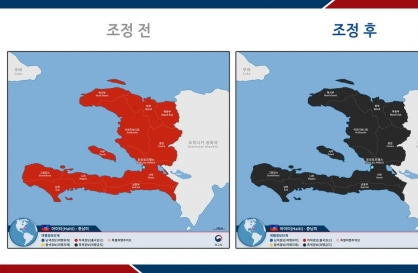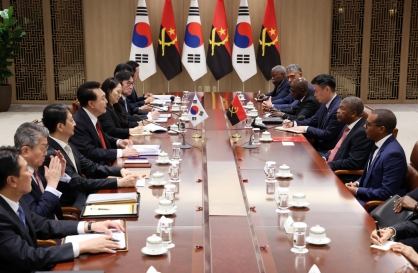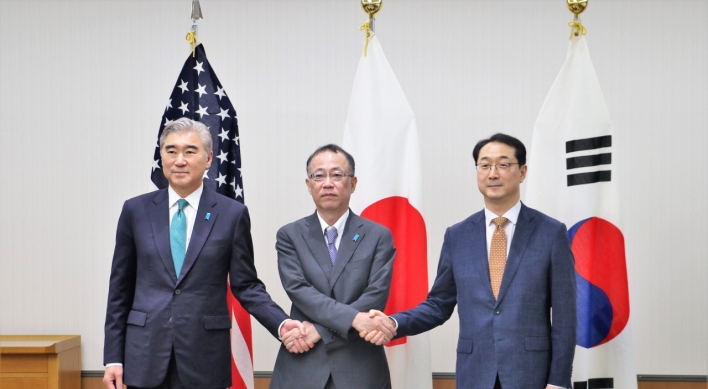The United States is apparently losing its game with North Korea as the Barack Obama administration, stuck in "Strategic Patience 2.0," is "skating dangerously close to accepting North Korea as a nuclear state," an expert said here Tuesday.
Joel Wit, a former State Department official known for his expertise on North Korea, said Washington seems to be overly optimistic about Beijing's possible shift in policy on Pyongyang.
"Everyone wants denuclearization," Wit said at a forum hosted by American Security Project, a nonprofit think tank in Washington. "Everyone says, 'Yes, denuclearization. That's very important.' But I think the only country who puts it at the top of the list of priorities is the U.S."
In a California meeting early this month, Obama and his Chinese counterpart, Xi Jinping, agreed to work together for the denuclearization of Korea.
South Korean President Park Geun-hye and Obama, in their May talks, also confirmed their shared goal of getting rid of North Korea's nuclear program. Park is scheduled to hold talks with Xi in Beijing later this week, when they will likely emphasize the importance of denuclearizing the peninsula.
According to Wit, Chinese officials believe denuclearization has to be part of a broader approach, broader diplomatic efforts designed to build peace and security in the region, including signing a peace treaty to replace the armistice that ended the 1950-53 Korean War.
Beijing's approach reflects that of Pyongyang, he pointed out. He disputed U.S. officials' view that China is finally changing its policy on the communist ally as a fruit of Washington's strategic patience.
"Now from my perspective, this is an incredibly over-optimistic reading of China's position," he said.
China has been miffed by North Korea's nuclear testing and other provocations but a majority of Chinese officials say denuclearization is one of a number of goals, not the top priority, he added.
"There are significant disagreements between us and the Chinese over how to deal with North Korea," he said.
Satellite imagery shows China has been continuing to construct free trade zones near the border with North Korea, which Wit described as a smart move to increase leverage on Pyongyang.
With the stated principle of "not talking with North Korea for the sake of talks," he said, the Obama administration is getting closer to "tacit acceptance of North Korea as a nuclear power rather than close to a breakthrough."
On Seoul's policy, Wit said it's quite different from that under the former Lee Myung-bak administration, which openly focused on denclearization. The Park administration appears to be more interested in a trust-building process, said Wit.
He urged the U.S. to seize the opportunity for dialogue with the North, currently on a peace offensive.
The U.S. first needs to send signals that it is open to having talks without preconditions and then it should seek a sort of "reconnaissance" dialogue intended to understand Pyongyang's intentions and what's actually going on in the reclusive communist nation, Wit said.
He is a visiting scholar at the U.S.-Korea Institute at the Johns Hopkins University Paul H. Nitze School of Advanced International Studies. (Yonhap News)


















